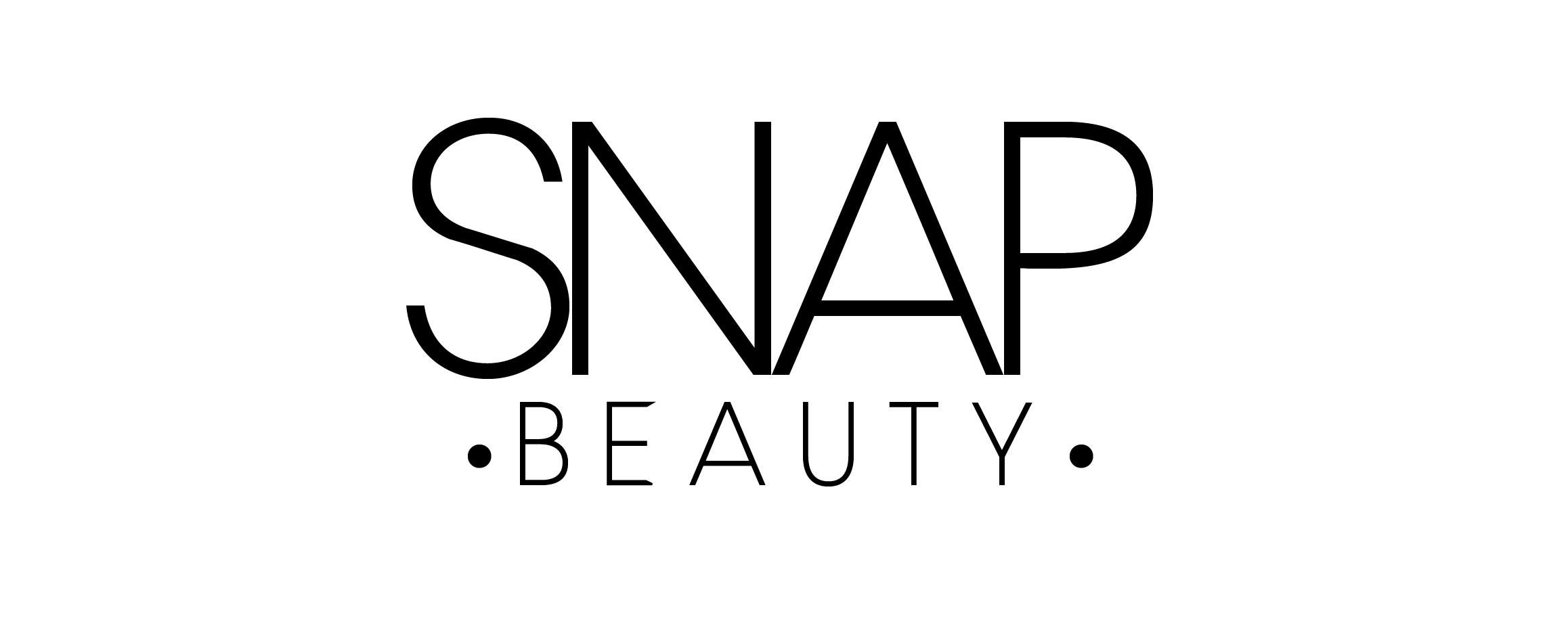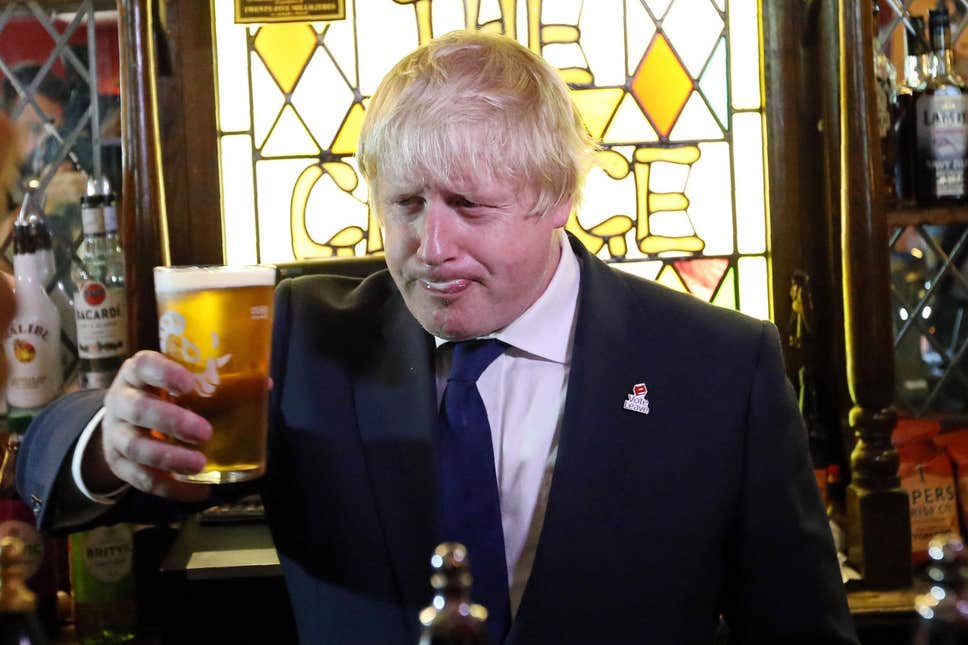At first, I understood the logic in the government’s decision to open beauty salons at a later date. There was no logical explanation in enforcing a 2-metre rule, to then suddenly allow face-to-face, close proximity treatments to go ahead.
However, then came the decision to open pubs before the beauty industry, a decision that has been widely speculated to be misogynistic and lacking regard. After the scenes in Soho this weekend circulating on social media, I can’t fathom a logical explanation as to how that is deemed safe in comparison to a well-controlled beauty salon or clinic.
The beauty industry is one that has hygiene and correct use of PPE at the forefront of training. How to protect ourselves and clients against cross contamination, air-borne and blood-borne disease is drummed into us from the minute we start training. At the start of lockdown, many beauty brands were quick to release free courses to further educate us on working safely amid a pandemic. You’d be hard-pressed to find anyone within the beauty industry that hasn’t undertaken at least one additional lockdown hygiene course to ensure their knowledge is up to scratch.
So why aren’t we allowed to open? Ministers seemingly deem the beauty industry to be highly “non-essential”, but is a beer essential? Do you wear PPE to the pub? Any beauty therapist, makeup artist or aesthetic practitioner will vehemently disagree to that blanket, and somewhat misogynistic statement. I’ll talk you through why.
Let’s look at the figures first. In 2018, the beauty industry brought in a modest £28.4 billion into the U.K. economy. Of this, 8.4 billion was contributed by workers in the beauty industry and its supply chain spending their wages in the consumer economy. It is estimated that the beauty industry supported a total of 590,500 jobs in 2018. That equates to one in every 60 jobs in the UK economy, and is similar to the number of people employed in Birmingham last year.
The beauty industry is growing, rapidly. Five years ago, the words microblading and brow lamination were unknown to our vocabulary in the U.K. These treatments are just a select few that boast great profit margins and that have been recently developed, taking the industry by storm.
In beauty products, an informational and science-led approach is becoming king. Brands are being forced to be increasingly more transparent about what’s going into our products and how they work for us. Consumers are taking a much keener interest into which components are bad for them, and which will deliver the best-proven results. Who would have thought glycolic acid and retinol would be so prevalent on the packaging, and therefore a firm part of our vocabularies ten years ago? All of this considered, it is clear that the beauty industry is extremely fast-moving, and will not cap at £28.4 billion.
Of course, it’s not all about money. The correlation between good mental health and beauty treatments is palpable. You can argue otherwise, but looking the best version of yourself drastically lifts your self-esteem. Every day when I’m working, I finish someones makeup (or any other beauty treatment) and visibly see a person’s self-esteem lift. There isn’t many jobs in which you get to see that multiple times a day, but you do when you work in beauty. It’s addictive, and it’s amazing. It’s watching clients reactions, that makes my job so enjoyable.
Lockdown has been mentally tough for everyone, it’s highlighted that we all need more than ever, something to boost our mental health every now and again. Unfortunately, as Caroline Noakes MP pointed out, it seems this relaxing of lockdown rules has been designed by men, for men. It’s unfortunate that a trip to the pub and watching live football again just isn’t sufficient, or enjoyable for a lot of women.
It’s more than about being high maintenance, or striving for an unrealistic ideology shown on social media. In fact, it’s not about that at all. It’s about making people feel better, whether that’s through a treatment carried out, or the conversation you’ve had whilst having a treatment done. Your beauty therapist, makeup artist or aesthetic practitioner is your friend and your confidant. We love to hear your stories, and help navigate you through any issues. I always say that working in beauty is like being a therapist, I hope that in the future, an additional aspect of a qualification in therapy can be added into beauty education.
At present, large parts of the industry are stagnated, with no indication of when we’re able to get back to work. Our thriving industry is being largely impacted, many businesses facing collapse if nothing is done. The severe lack of seriousness and respect shown by members of parliament when discussing the beauty industry is shocking. When will we get the respect and indication we deserve?

